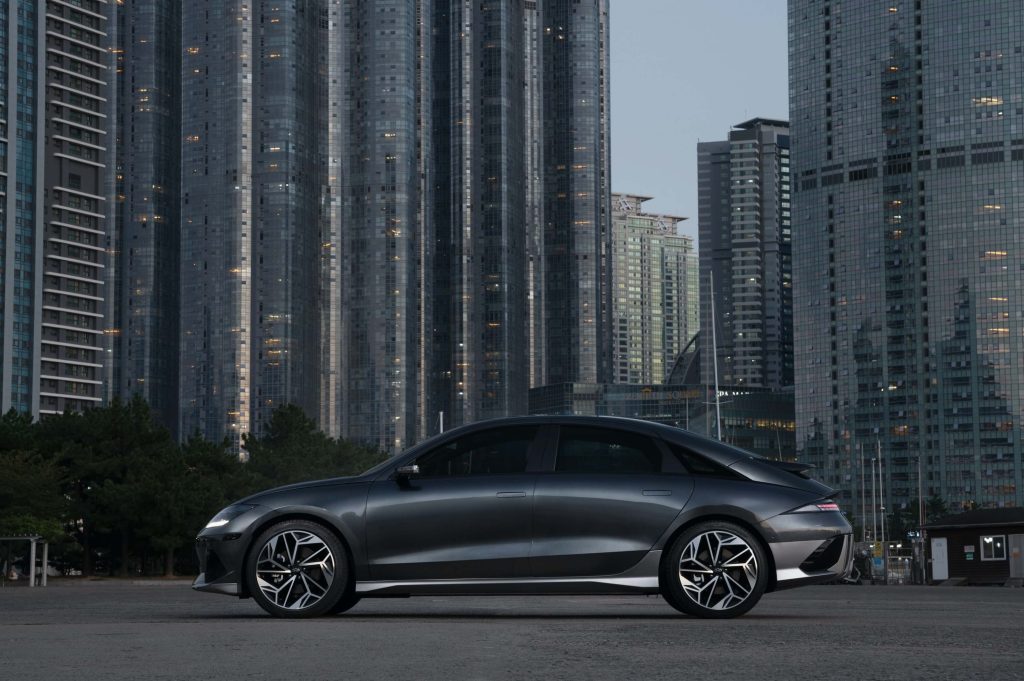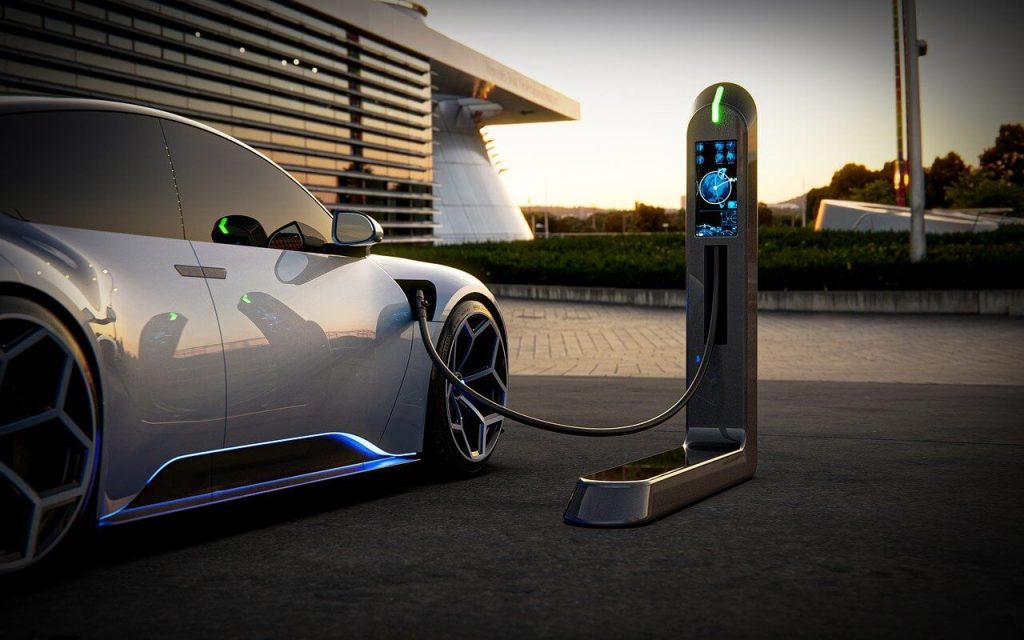New Hyundai Electric Car 2023
Table of Contents
ToggleHyundai, a leading automotive manufacturer, has made significant strides in the realm of electric cars. With a commitment to sustainability and innovative technologies, Hyundai electric cars have gained popularity among eco-conscious consumers. In this article, we will explore the history of Hyundai electric cars, their benefits, charging infrastructure, and the company’s commitment to sustainability. Additionally, we will delve into the future outlook and innovations that Hyundai is spearheading in the electric car industry.
1. Introduction
The automotive industry is rapidly evolving, with a growing emphasis on electric vehicles (EVs) as a cleaner and greener alternative to traditional combustion engine cars. Hyundai has emerged as a prominent player in this shift, offering a range of electric cars that combine cutting-edge technology with eco-friendly features.
2. History of Hyundai Electric Cars
2.1 Early Developments
Hyundai began its foray into electric cars in the early 1990s, recognizing the potential of this emerging market. The company conducted extensive research and development to lay the foundation for its electric vehicle lineup.
2.2 Launch of Hyundai Ioniq Electric
In 2016, Hyundai introduced its first dedicated electric car, the Hyundai Ioniq Electric. This milestone marked the beginning of Hyundai’s commitment to producing electric vehicles that rival their combustion engine counterparts in performance and practicality.
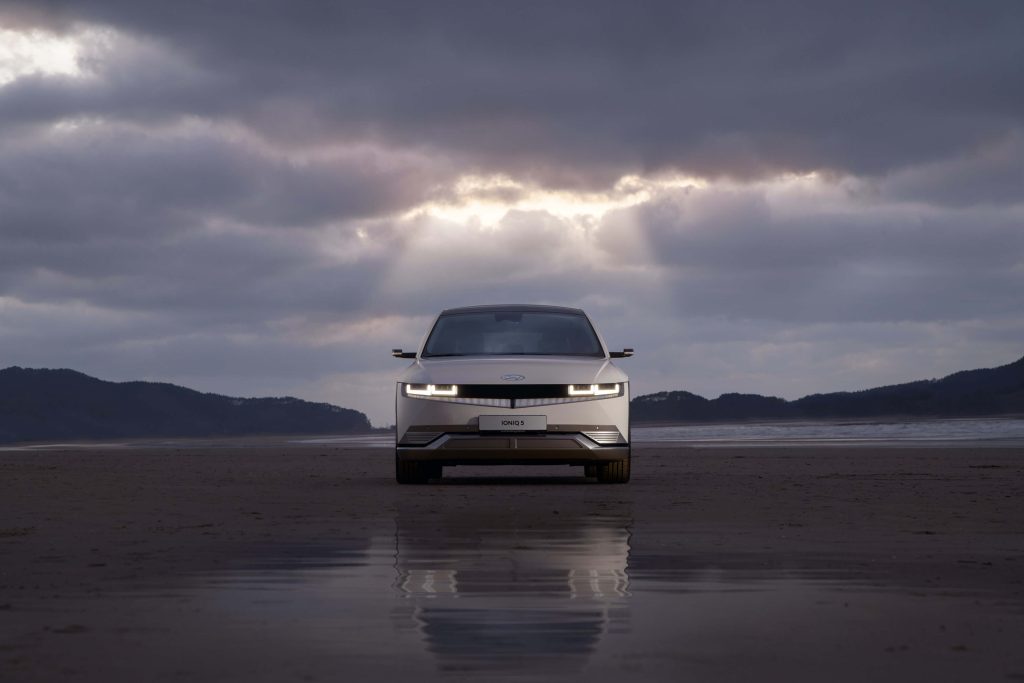
2.3 Hyundai Kona Electric and Other Models
Following the success of the Ioniq Electric, Hyundai launched the Hyundai Kona Electric in 2018. This compact SUV offered an impressive range and became an instant hit among electric car enthusiasts. Hyundai has since expanded its electric vehicle lineup, introducing models like the Hyundai NEXO fuel cell electric vehicle and the upcoming Hyundai Ioniq 5.
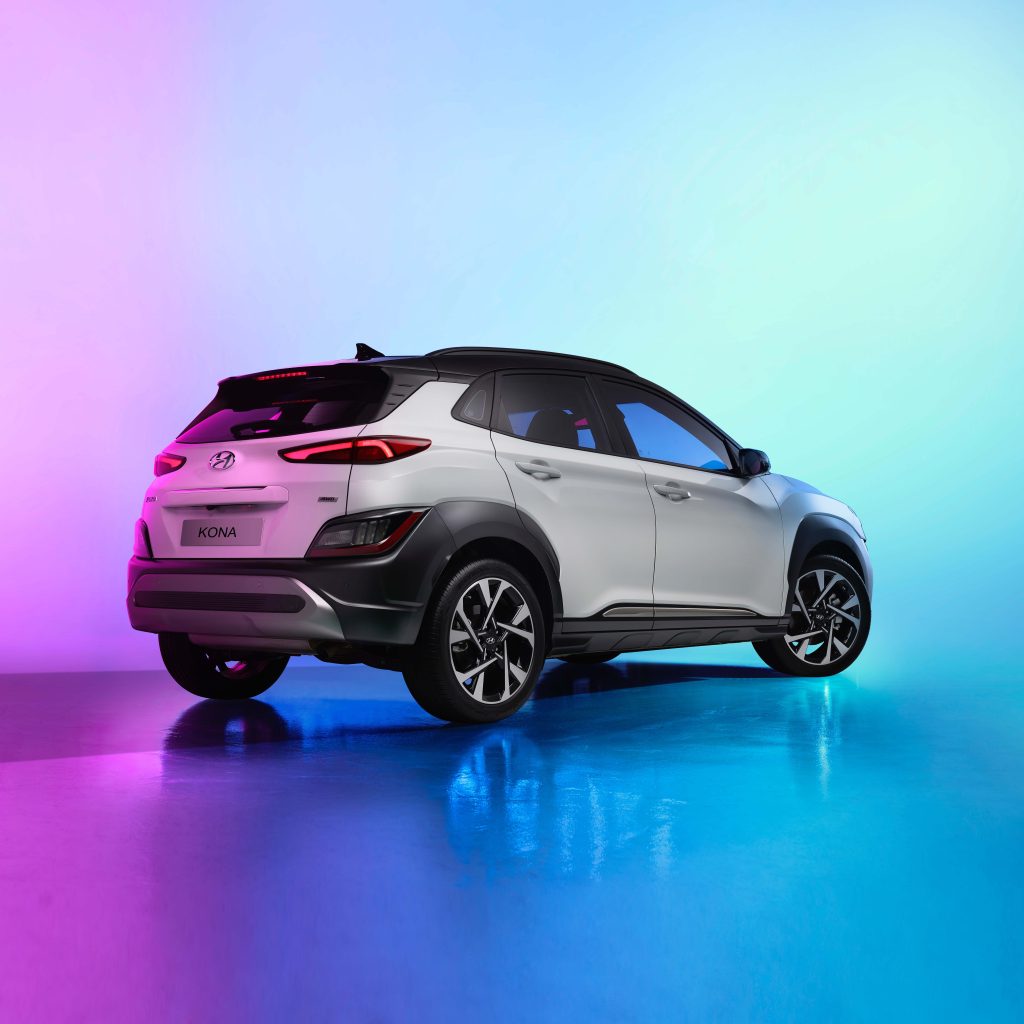
3. Benefits of Hyundai Electric Cars
Hyundai electric cars offer a range of benefits that contribute to their appeal among environmentally conscious consumers. Let’s explore some of these advantages:
3.1 Environmental Impact
By driving an electric car, owners significantly reduce their carbon footprint. Hyundai’s electric vehicles produce zero tailpipe emissions, helping to combat air pollution and mitigate the impacts of climate change. With renewable energy sources powering the charging infrastructure, the environmental benefits are further amplified.
3.2 Cost Savings
While the initial purchase price of an electric car may be higher than that of a conventional car, the long-term cost savings can be substantial. Electric cars have lower maintenance and operating costs, with savings on fuel expenses being one of the most significant advantages.
Additionally, electric cars typically have fewer moving parts and require less frequent maintenance compared to traditional combustion engine vehicles. This means lower maintenance and repair costs over the lifespan of the vehicle. Furthermore, with the availability of government incentives, reduced charging rates, and tax credits for electric vehicle owners, the overall cost of owning and operating a Hyundai electric car becomes even more attractive.
3.3 Performance and Driving Experience
Hyundai electric cars are not only eco-friendly but also deliver impressive performance. Electric motors provide instant torque, resulting in quick acceleration and a smooth driving experience. With advanced battery technology and efficient power management systems, Hyundai electric cars offer a generous driving range on a single charge, eliminating range anxiety. Whether it’s commuting to work or embarking on a long road trip, Hyundai electric cars ensure a comfortable and enjoyable driving experience.
4. Hyundai's Charging Infrastructure
To support the growing electric vehicle market, Hyundai has invested in expanding its charging infrastructure. Hyundai electric car owners have access to a vast network of charging stations, including both public charging stations and dedicated Hyundai charging stations. These stations are strategically located, making it convenient for owners to charge their vehicles during their daily routines or on long journeys. Furthermore, Hyundai offers innovative features such as remote charging management through mobile applications, allowing owners to monitor and control the charging process from their smartphones.
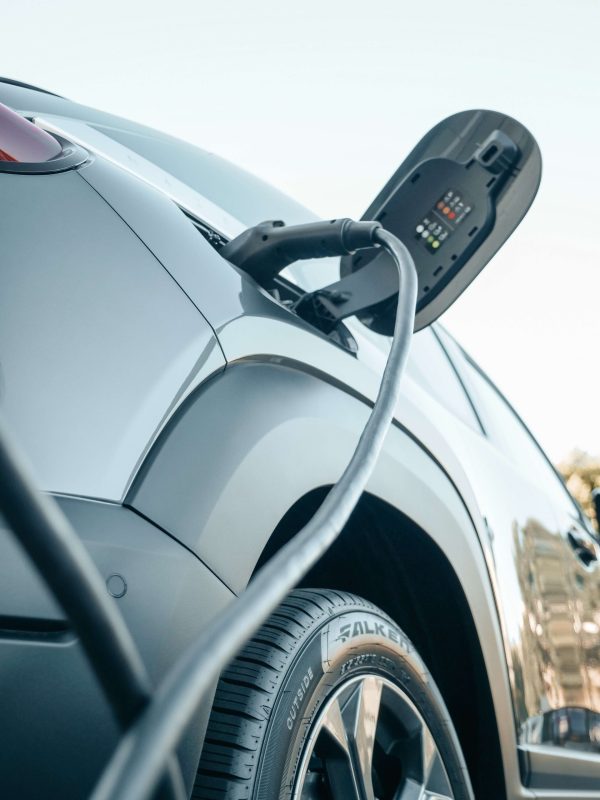
5. Hyundai's Commitment to Sustainability
Hyundai is committed to sustainable practices throughout the lifecycle of its electric vehicles. Let’s explore some of the initiatives undertaken by Hyundai to promote sustainability:
5.1 Use of Recycled Materials
Hyundai prioritizes the use of recycled materials in the production of its electric cars. From interior components to vehicle structures, recycled materials are incorporated wherever possible, reducing the environmental impact associated with manufacturing processes.
5.2 Renewable Energy Integration
Hyundai recognizes the importance of renewable energy in powering electric vehicles. The company is actively involved in projects related to solar energy and energy storage systems. By integrating renewable energy sources into the charging infrastructure, Hyundai aims to further reduce the carbon footprint of its electric vehicles and promote a greener energy ecosystem.
6. Future Outlook and Innovations
Looking ahead, Hyundai is dedicated to pushing the boundaries of electric vehicle technology. The company continues to invest in research and development, focusing on areas such as battery technology advancements, extended driving ranges, and faster charging capabilities. Hyundai’s commitment to innovation and sustainability positions the brand at the forefront of the electric vehicle revolution.
Learn More about Best all season tire for Subaru outback
7. Conclusion
Hyundai electric cars have transformed the automotive industry with their impressive performance, environmental benefits, and commitment to sustainability. As Hyundai continues to innovate and expand its electric vehicle lineup, consumers can expect even more advanced technology and enhanced driving experiences. By embracing electric mobility, Hyundai is contributing to a greener and more sustainable future.
8. FAQs
8.1 Are Hyundai electric cars reliable?
Yes, Hyundai electric cars are known for their reliability. Hyundai has a strong reputation for producing high-quality vehicles, and their electric car lineup undergoes rigorous testing and quality control measures to ensure reliability and durability.
8.2 How long does it take to charge a Hyundai electric car?
The charging time for a Hyundai electric car varies depending on the model and the charging infrastructure used. On average, it can take anywhere from 30 minutes to several hours to charge an electric car fully. Fast-charging stations can provide a significant charge in a shorter amount of time compared to standard charging stations..
8.3 Can I charge a Hyundai electric car at home?
Yes, Hyundai electric cars can be charged at home using a dedicated charging station or a standard electrical outlet. It’s recommended to install a home charging station for faster and more convenient charging.
charging. Home charging stations, also known as Electric Vehicle Supply Equipment (EVSE), provide a faster charging rate compared to a standard electrical outlet, allowing you to conveniently charge your Hyundai electric car overnight.
8.4 Are Hyundai electric cars expensive to maintain?
No, Hyundai electric cars tend to have lower maintenance costs compared to traditional combustion engine vehicles. Electric cars have fewer moving parts, which means fewer components that can wear out or require regular maintenance. Additionally, the regenerative braking system in Hyundai electric cars helps to reduce wear on brake pads, further lowering maintenance expenses.
8.5 What is the range of Hyundai electric cars?
The range of Hyundai electric cars varies depending on the model. The Hyundai Kona Electric, for example, offers a range of around 258 miles (415 kilometers) on a full charge, It’s important to note that driving conditions, weather, and other factors can affect the actual range of an electric car.
In this article, we explored the history of Hyundai electric cars, their benefits, charging infrastructure, and Hyundai’s commitment to sustainability. Hyundai’s electric vehicles have made significant strides in terms of performance, eco-friendliness, and driving experience. With a growing charging infrastructure and a dedication to sustainability, Hyundai is paving the way for a greener and more sustainable future. By choosing a Hyundai electric car, consumers can contribute to a cleaner environment and enjoy the numerous advantages of electric mobility.
If you have any further questions about Hyundai electric cars or electric vehicles in general, check out the FAQs section above or feel free to reach out for more information.
